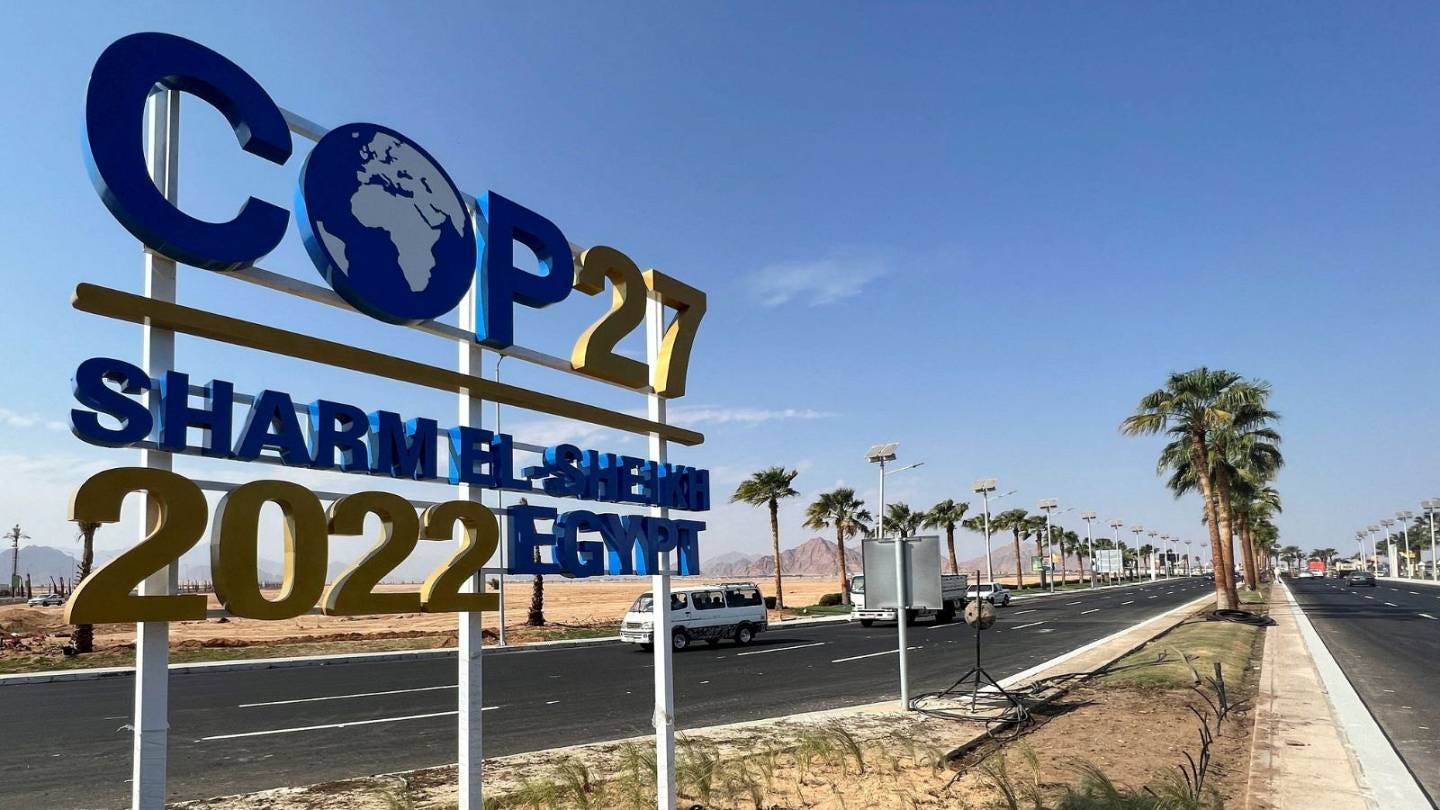Double standards fueling climate crisis
Conference of Pretenders? Report exposes double standards.
Sharm El Sheik, Egypt: Since last week, the Red Sea city of Sharm of El-Sheikh has been filled with noise from the private jets and commercial planes that flew in over 30 thousand delegates attending the largest UN climate summit.
Some for good intentions and others probably not.
On Wednesday Stop EACOP, Oilwatch Africa, Africa Coal Network, and 33 other African NGOs at CoP27 on 15 November released a damming report showing that investors from the global north are at the forefront of pushing the expansion of fossil fuels
Titled “Who is financing Fossil Fuel Expansion in Africa” the report reveals that out of 20 top investors, 14 are headquartered in the US, six in Europe, and one each in Canada India, and South Africa.
This is in stark contrast to the 2015 Paris Agreement, in which parties to the United Nations Framework Convention on Climate Change (UNFCC) agreed to take bold decisions that will significantly facilitate massive reductions in coal, oil, and natural (fossil) gas production in order to achieve the collective Net Zero target by 2050. \
In Malawi, the government is moving forward with plans to build the country's first coal-fired power plant in Kamwamba, Neno District.
Several environmental movements have protested inside and outside the negotiation rooms, urging world leaders to halt the production and subsidisation of fossil fuels. Governments agreed to phase out coal production at CoP26 last year, but new information suggests that this could be easily missed.
Beyond Oil and Gas (BOGA) members, the majority of whom are from Europe, reaffirmed their commitment on Wednesday to phase out the production of fossil fuels and eliminate the need for oil in their countries.
According to the study's findings, the majority of companies from their respective countries are planning to expand their 'dirty' business in Africa, with massive investments already injected into the system.
Between January 2019 and July 2022, commercial banks channelled over US$ 98 billion to companies developing new fossil projects in Africa, according to the report. This total includes US$ 44 billion in loans and US$ 54 billion in the underwriting of new share and bond issuances.
However, the number one banker of fossil fuel developers in Africa is Citigroup (US$ 5.6 billion) USA, followed by JPMorgan Chase (US$ 5.1 billion) USA and BNP Paribas (US$ 4.6 billion) France.
The report further shows that 72% of bank support for fossil fuel developers in Africa came from banks that are members of the “Net Zero Banking Alliance.”
The alliance is convened by the UN industry-led, and it brings together a global group of banks, currently representing about 40% of global banking assets, which are committed to aligning their lending and investment portfolios with net-zero emissions by 2050.
“Making net-zero promises for tomorrow is meaningless if you are spending billions of dollars on fossil fuel expansion today. Financial institutions that claim to be lining up for 1.5°C need to stop supporting clients who are driving us towards 2.8°C,” Director of Urgewald Heffa Schuecking said.
According to the report, over 5,000 institutional investors held shares and bonds totalling US$109 billion in companies developing new fossil fuel projects in Africa in July 2022.
On behalf of the report's 36 African co-publishers, Muslims for Human Rights Executive Director Omar Elmawi stated: “It is time for financial institutions to step back from companies that are blowing up the world’s carbon budget and locking Africa into the dirty energy sources of the past. Civil society organizations all across Africa are calling for a green renewable energy future that provides energy access to all.”
Stephane Crouzat, France's Climate Ambassador, told the summit that his country is pushing for the end of financing fossil fuel production and plans to end carbon export by January 2023.
Denmark and Sweden made similar announcements, and Washington State has agreed to join BOGA as a new member.
According to the report, Africa has 39% of the world's total renewable potential, but foreign investors continue to fund the continent's fossil future.
A note from one of the mitigation negotiating groups confirms the increase in greenhouse gas GHG emissions.





